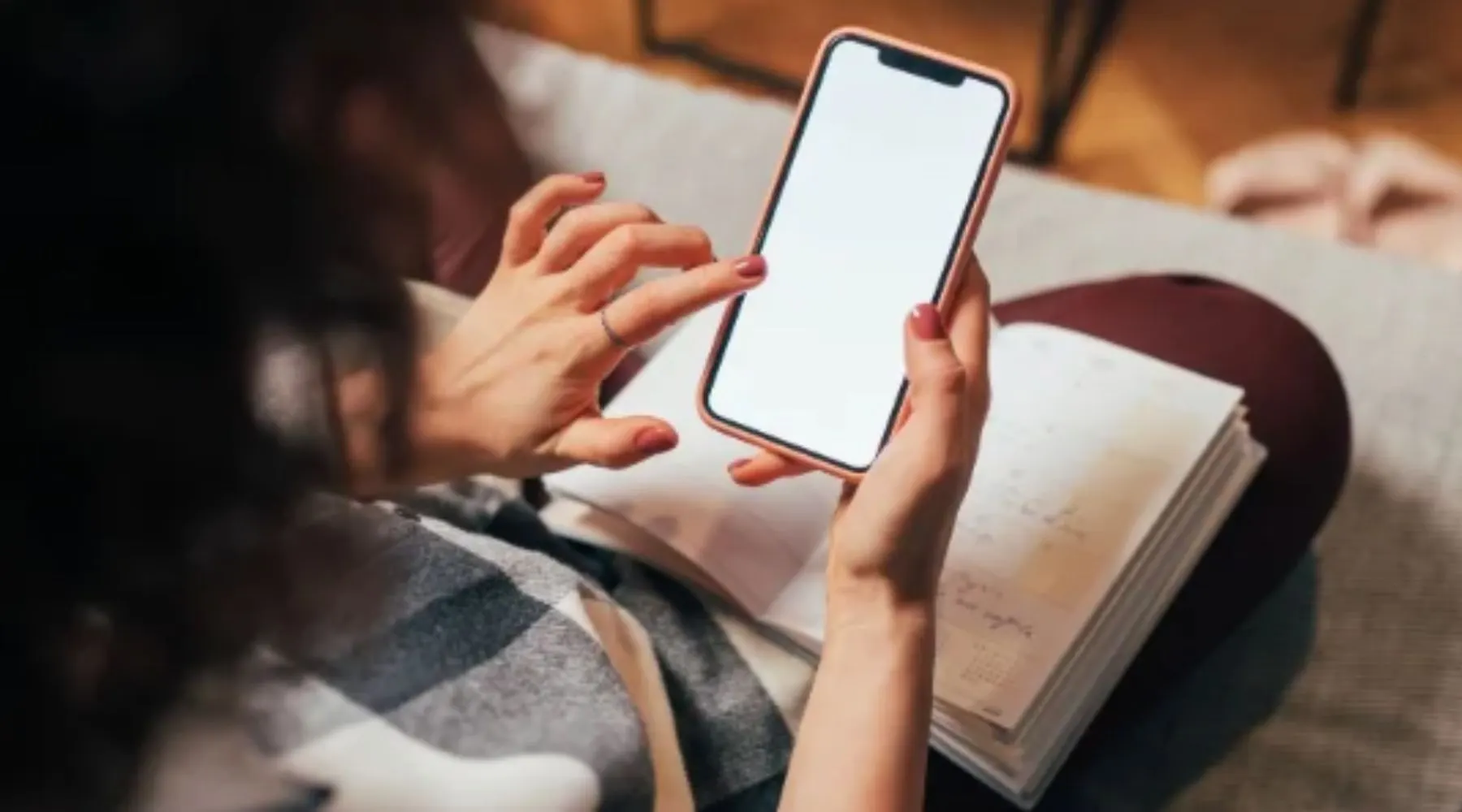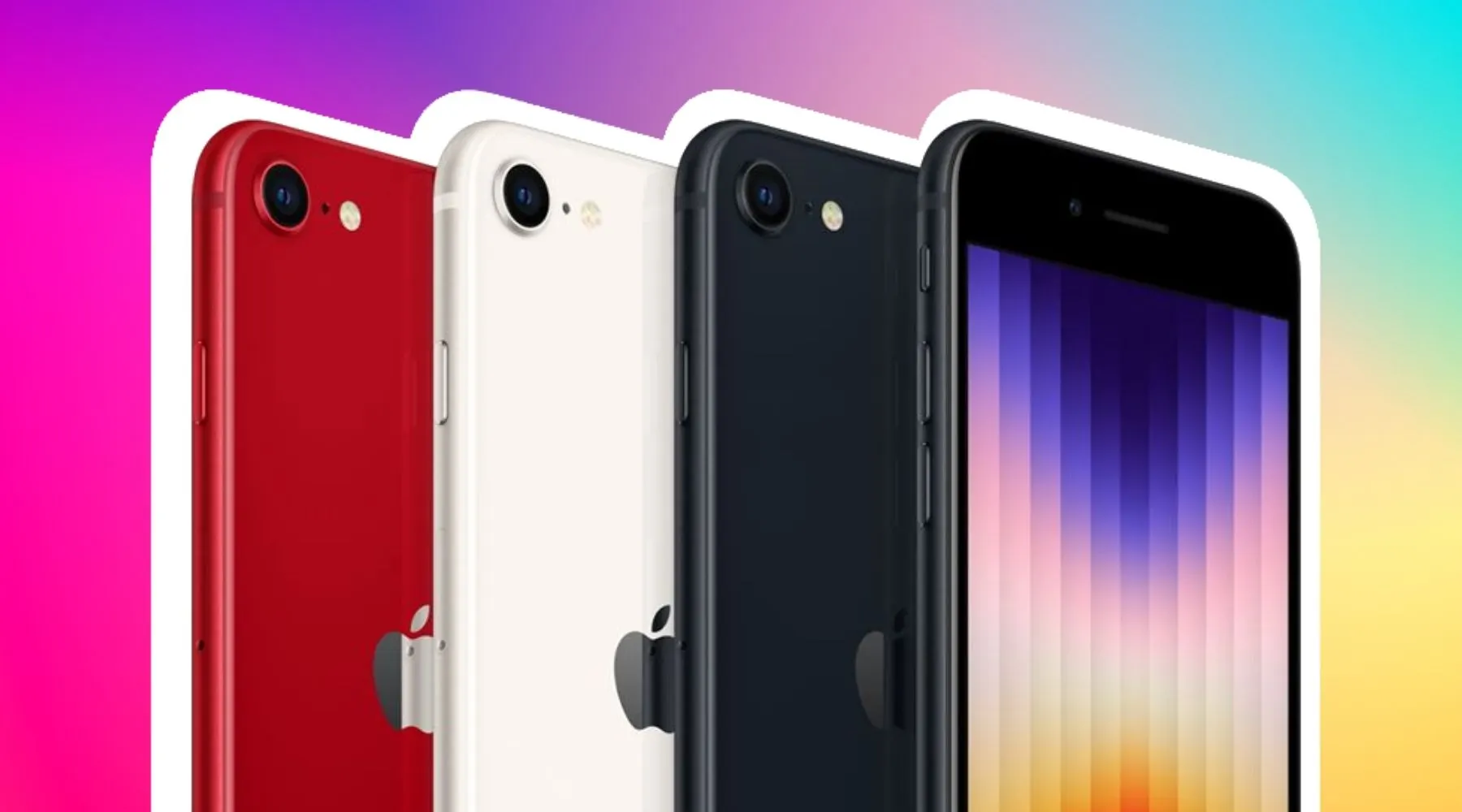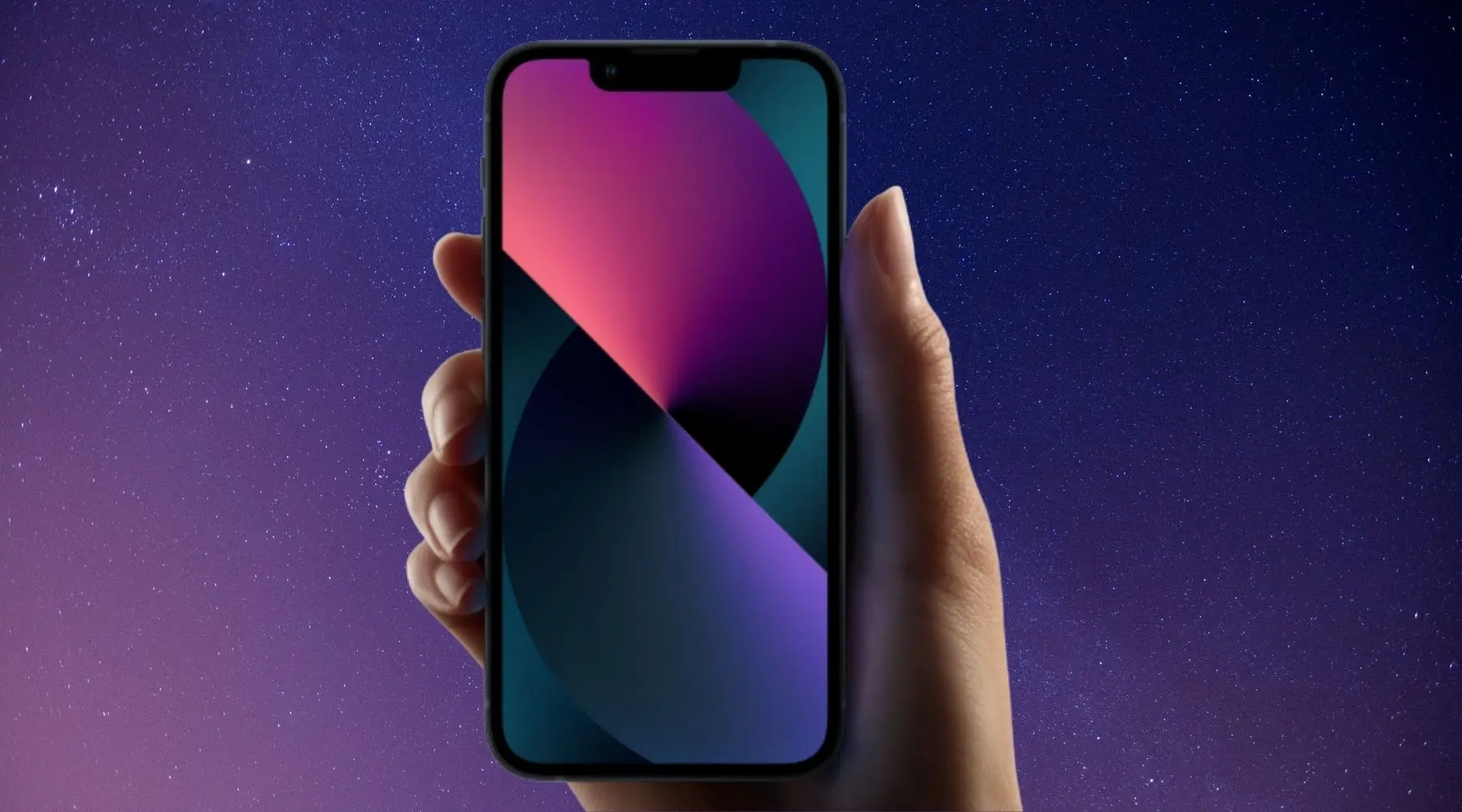Opinion: Apple’s iPhone Subscription likely to be a bad deal for consumers

Apple is apparently mooting an iPhone subscription deal where you'd subscribe to the hardware the same way you might subscribe to Apple TV+, but it's not likely to be a great deal for consumers.
According to reports from Bloomberg, Apple is apparently looking at expanding its existing services to include an iPhone subscription. If true it would join the likes of Apple Music, Apple Fitness Plus, Apple TV+ and iCloud storage services.
Specifically, it's said to be looking at a subscription service for iPhone hardware. Rather than pay a hefty big lump sum for a shiny new iPhone, you would instead pay a monthly fee to effectively lease one.
It's worth pointing out that Bloomberg's report is in no way substantiated just yet by Apple itself. There is no announced pricing or availability schedule, or announcements about whether this is a plan that would only apply in the US, similar to the Apple Card credit card, or worldwide. Apple tests and prototypes a lot of ideas (Hi, Apple Car! Hi, Apple flat screen TV!) that never go anywhere at all.
This could totally be one of those.
For the sake of argument, let's say that it is indeed on the Apple future roadmap. Would it make sense?
Well, it depends. But before we start, the most obvious statement:
An iPhone subscription would totally make sense for Apple
Apple is not in the business of losing money. Indeed, it's rather good at making it.
There is just plain no way at all that any iPhone subscription scheme would get off the ground at Apple if it wasn't at least as profitable at selling iPhones is right now. Indeed, unless Apple's forecasts are for tumbling iPhones sales, subscription models don't escape the Cupertino boardroom unless it's more profitable.
That's likely, however, because as with most leasing schemes you typically don't end up "owning" the product – in this case an iPhone – at all, instead handing it back to Apple after your lease expires.
You get a new one and a new lease, and Apple gets a handset it can then use for parts to service paid Applecare warranties (another revenue stream) or obligatory consumer warranties without having to source those parts separately. Also, Apple keeps you as a customer within the iPhone world.
In other words, it's not hard to see what is in it for Apple. But is it good news for you?
Pricing is key, but the answer is probably no

Here I've got to get somewhat speculative, because of course there is no iPhone subscription pricing to work off.
Tim Cook could go utterly bonkers and declare that iPhone subscriptions will start at $0.99 a month… but that won't happen. Apple will crunch numbers and come up with one that looks like it's "affordable" relative to the price of an actual iPhone handset.
However, like any lease you've got to do some careful maths. And locally we do have a model to work from. Telcos of course offer you a phone, including many iPhone models on contract terms that might look like Apple subscription terms.
However, I'm going to ignore those, because they don't count. For a start, they're a phone payment plan, so you do end up owning the iPhone once the contract concludes. What's more, the way every single telco structures its iPhone plans means that you just pay the cost of the phone split up into 12, 24 or 36 equal chunks. You might save maybe a dollar or 2 if they're feeling generous, but often the margins on Apple hardware are so tight that there's no room for generosity.
Here's the thing. Locally, we've seen telcos try their hands at mobile phone lease plans before. Telstra used to offer them as "Go Mobile Swap" plans, typically priced at $10 a month less than their regular plan prices. You did end up owning the phone after 18 months if you stayed on a plan, but if you wanted to swap after 12 months, you paid a $99 fee to do so.
It wasn't a good plan at the time, and I said as much.
Apple would have to get quite a bit better than $10 a month cheaper to make a subscription service good value, especially when you consider the resale value of an iPhone in good working order.
It could bundle a whole bunch of services in with the iPhone subscription to enhance its apparent value, but those services only have value while they run, not when you're selling the handset.
As you were with the Telstra leasing deal back in the day, you're also assuming the risk for the iPhone while you've got it. The odds are good that Apple won't smile nicely if you try to trade up to a new model iPhone by handing in your cracked and broken model.
Well, actually, they will smile nicely, Apple store staff are trained that way, but they'd also ask for your credit card to cover the damage cost as well. That's when you wouldn't be smiling.
Still, they've got to be cheaper than a current iPhone contract price would be. Let's look at the iPhone 13, which you can get at the time of writing from around $70 a month with a bundled phone plan. That's in the shallow end of the data pool, to be sure, but Apple has to do better than that for a phone you won't actually own.
So let's get hypothetically generous and say Apple shaves $20 a month off that minimal price point, bringing it down to around $50 a month. That might sound like a good value deal, but there's another catch here.
Apple isn't a telco, and it hasn't shown any interest in buying up telco services. Yet.
So what that means is that your $50 a month iPhone 13 would need a phone plan attached to it. That cheapest model iPhone 13 plan, which at the time of writing is a Vodafone plan, would cost you $40 a month as a standalone SIM-only plan at the time of writing.
Which means you're over the price of getting the phone to own in order to lease it from Apple, which makes no sense at all.
What that means is that we either have to get Apple partnering with a telco for specific plans (which isn't impossible, but feels unlikely), or Apple has to start offering subscription iPhones for something less than $20 a month for them to make sense.
By way of contrast, the premier Apple One subscription in Australia currently costs $39.95 per month.
Anyone want to bet that Apple wants to hand out iPhones for half the cost of its online subscription services? That'd be a sucker bet, any way you look at it.
Even if, somehow, the stars align, the numbers add up and Apple brings iPhone subscriptions down under, there's a secondary reason why I think a phone subscription service just doesn't make good sense.
The annual upgrade frenzy is dead – and it's not missed

I've been writing about iPhones for as long as there have been iPhones, and more than a decade before that as well. I can totally recall the absolute frenzy around early iPhone sales, especially here in Australia where we are typically the "first" buying location on the planet.
Remember how people used to queue up round the block in Sydney and Melbourne to get hold of the latest model? I can recall the media calls, the scrums of cameras and journos and the like, not to mention the midnight starts, or at best early morning starts to get it all done and written.
I do not miss those days, but they're well and truly dead and buried. Nobody queues up for an iPhone any more, and it's not just because you don't need to, what with Internet sales and all.
It's also because year on year, and even over a 2-4 year span, the changes and upgrades that come to smartphones just aren't that immense. You can assume a faster processor. You can expect better camera optics in the main, though AI is leading much of that these days. Apple is slowly getting on board with 5G, though not with mmWave in Australia, a pet peeve of mine for such a premium priced phone. It's even doing better work with battery life, if one excludes the iPhone SE 2022 and the iPhone 13 Mini.
But they're incremental upgrades, and that means it really doesn't make much sense to upgrade until you absolutely have to. The iPhone 13 Pro is still one of my favourite current flagships, but I wouldn't advise any iPhone 12 or iPhone 11 owner to run to get one just yet. If you're coming from an older iPhone, for sure, you'll see the benefits then because they're much more stark.
Year on year, it's a smaller improvement curve, and that's not one that makes a lot of sense to spend your hard earned dough on. That's true if you're buying outright, but it's even more true if you're leasing, because you typically end up paying at least the cost of the leased device, and sometimes more to cancel out a contract if you need to.
I'm not an accountant, and I am aware there are some labyrinthine tax arrangements where leases for businesses make more sense for tax-related purposes. That might be true for a very small percentage of the population, but it's an edge case at best, if it would apply at all.
If there's little reason to get frenzied about an annual iPhone upgrade, why is there a benefit to consumers to subscribe to an iPhone?